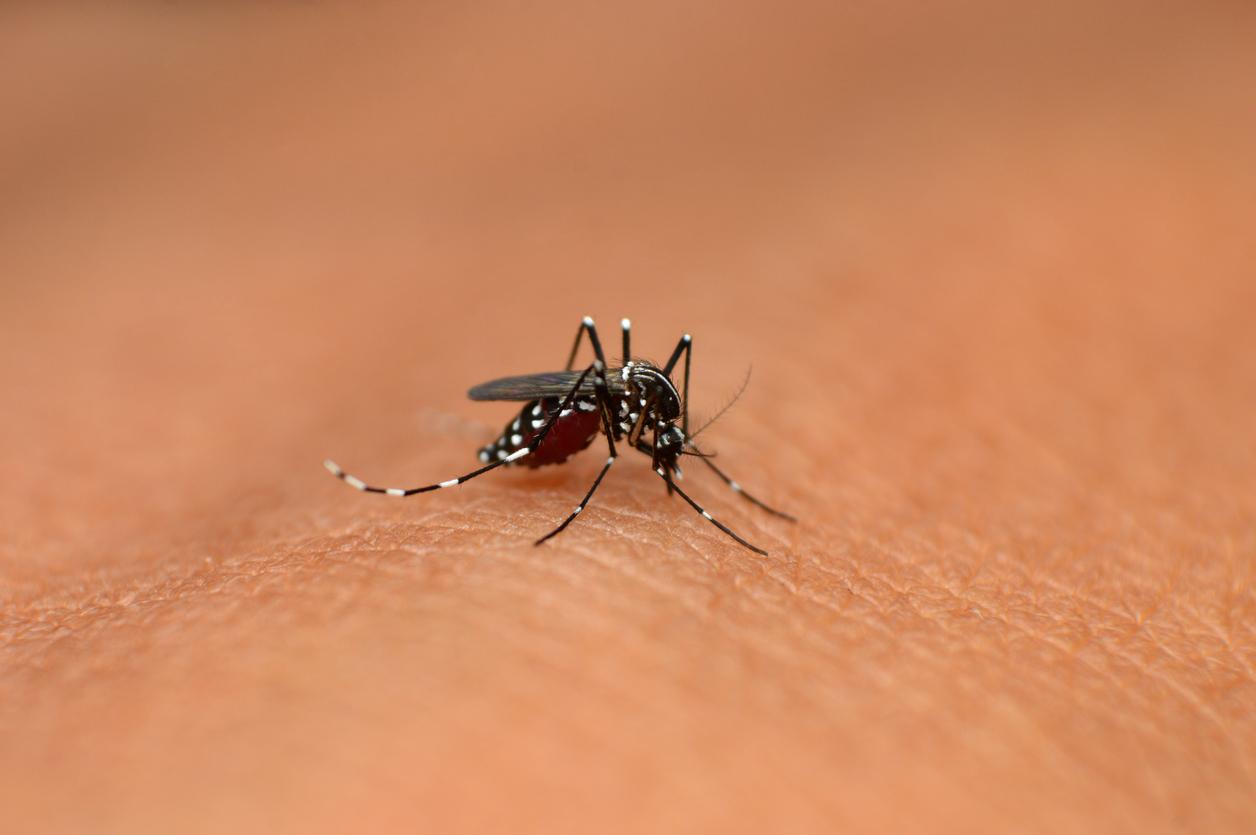Researchers from the University of Colorado Cancer Center and those from the Nobel Prize-winning Technion University in Haifa, Israel presented at the annual meeting of the American Society for Clinical Oncology (ASCO) a new breath test capable of detect lung cancer and respiratory disease COPD (Chronic Obstructive Pulmonary Disease).
A simple and efficient device
This device simply requires inflating a balloon attached to an extremely sensitive gold nanoparticle probe. The particles trapped by the sensor make it possible to analyze the volatile organic compounds contained in the air exhaled by the patient. This is because the metabolism of patients with lung cancer is different from that of healthy people and that of individuals with COPD.
A new form of screening
Prof. Fred Hirsch underlined during the congress the need for a new form screening lung cancer and new diagnostic tools. The screening used today by scanner can reduce the mortality of the disease by 20%. But it involves a lot of false negatives. “You detect a lot of nodules in the scans and about 90% of them are benign. We need to know how to better distinguish benign and malignant nodules. The objective of this new test is to use breath biomarkers for a more accurate diagnosis, ”explains Professor Fred Hirsch of the University of Colorado School of Medicine, the main author of the study.
In addition, this test would also make it possible to analyze the progress of the therapy and detect whether or not a patient should continue his treatment and monitor how the patient responds to the treatment.
“In addition to using volatile organic compound (VOC) levels to diagnose lung cancer, we could potentially measure certain changes in patients’ VOC levels over time to monitor how they respond to specific treatments. »Explains Prof. Fred Hirsch.
“The physical application of this test could completely revolutionize a screening and the diagnosis of lung cancer. Here the prospect is the development of a non-invasive, low cost, and easy approach for the early detection and differentiation of lung cancer, ”concludes Prof. Fred Hirsch.


















